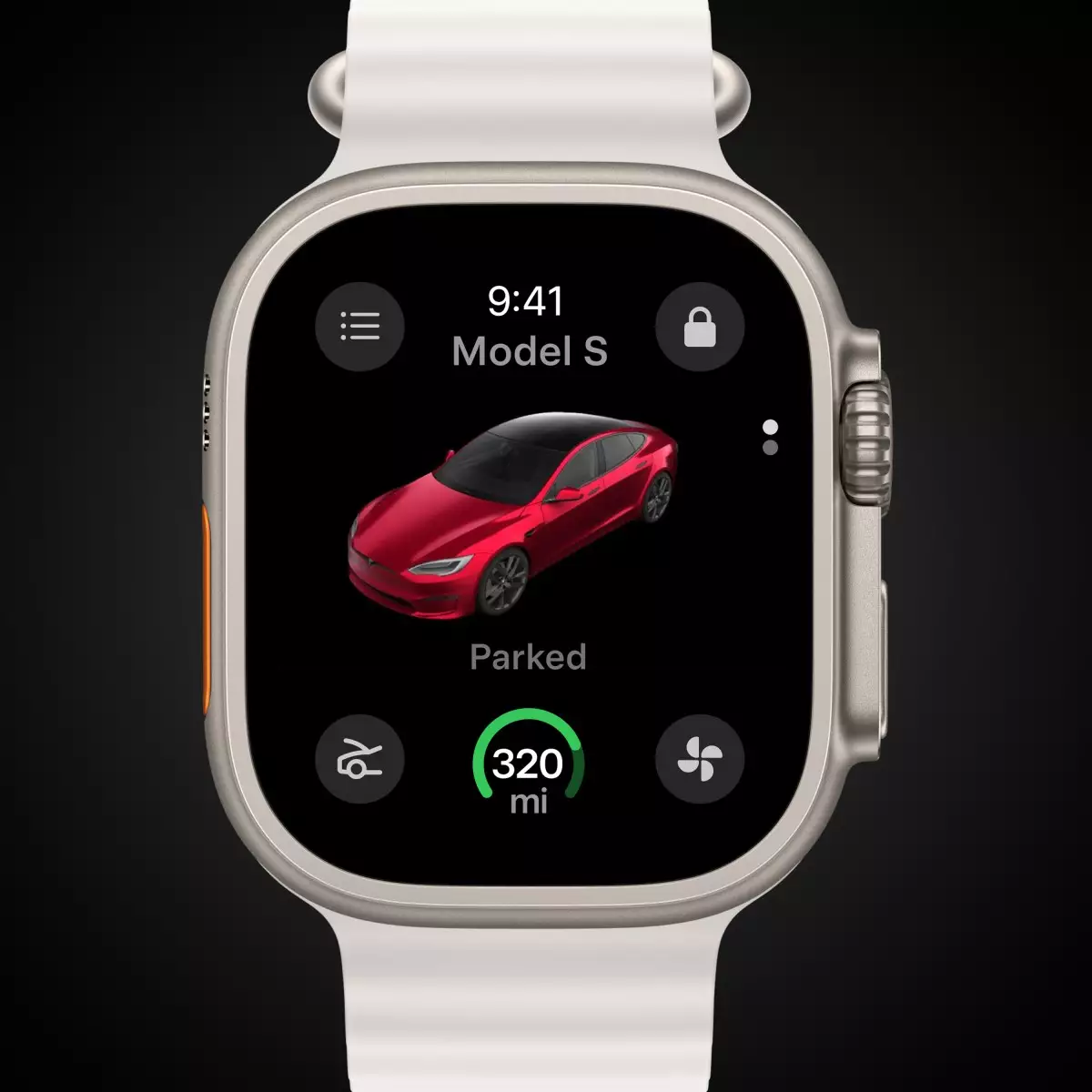Recent actions taken by the U.S. government, particularly concerning tariffs, have caused tremors in the stock market that primarily affect major companies like Apple and Tesla. Wedbush Securities analyst Dan Ives has taken a firm stance on the matter, dramatically lowering his price targets for both companies. Ives described the repercussions of these tariffs as “economic Armageddon” for Apple, primarily due to its significant reliance on Chinese manufacturing. With an eye-popping 90% of iPhones being assembled in China, any disruption in trade ties can pose a substantial risk to Apple’s profitability and operational stability.
While such commentary might be viewed as alarmist, it resonates with the ongoing fears that tariffs could compel companies to weigh alternative production strategies. However, the reality is that transitioning manufacturing out of China is not an overnight solution. This dilemma has implications not only for financial forecasts but also for the tech landscape as a whole.
Apple’s Vulnerable Position
Ives has revised Apple’s stock price target from $325 to $250, a $75 drop that starkly highlights the uncertainty swirling around the company. As Apple’s shares have recently dropped over 4% to hover around the $180 mark, it’s evident that investors are bracing for more turbulence. The irony of Apple’s robust supply chain, once considered a hallmark of its business model, is now becoming a potential Achilles’ heel, all thanks to the evolving political narrative surrounding trade.
In an era of economic interdependence, Apple’s significant overseas commitment is backfiring, leading many to question the wisdom of their current strategy. It raises a crucial question: How much longer can Apple rely on China without broadening its sourcing options?
The Political Quagmire Surrounding Tesla
Tesla, too, finds itself in a quandary, not merely due to tariffs but also because of the controversies encircling its CEO Elon Musk. Ives reduced Tesla’s price target from $550 to $315, still indicating the stock’s potential to rise above its current price of approximately $233.94. The implication here is clear: Musk’s often polarizing public persona is creating a brand conundrum for Tesla. The CEO’s close ties to controversial political figures, including former President Trump, are playing a significant role in shaping public perception, and consequently, purchasing decisions.
The analyst suggests that Musk’s political affiliations could alienate potential consumers, especially in critical markets like the U.S., Europe, and China. The consequence may see buyers turning toward domestic brands, like BYD, which have the advantage of being politically insulated. The transformation of Tesla from an innovative car company into a political symbol raises pressing questions about leadership responsibilities at a time of socio-economic uncertainty.
The Road Ahead for Tech Giants
As both Apple and Tesla navigate this politically charged landscape, the stakes have never been higher. The ability to lead and adapt will be critical in determining long-term success. For Apple, re-evaluating its operational framework might be necessary to mitigate foreseeable risks attached to dependency on a single country for manufacturing. For Tesla, the focus must shift to not just producing electric vehicles, but also managing the narrative that surrounds the brand.
As we plunge deeper into uncertain economic conditions, there’s a grim reminder that the price of entering the global market is not merely measured in dollars, but also in adherence to political realities that can wield substantial influence over the business ecosystem.

